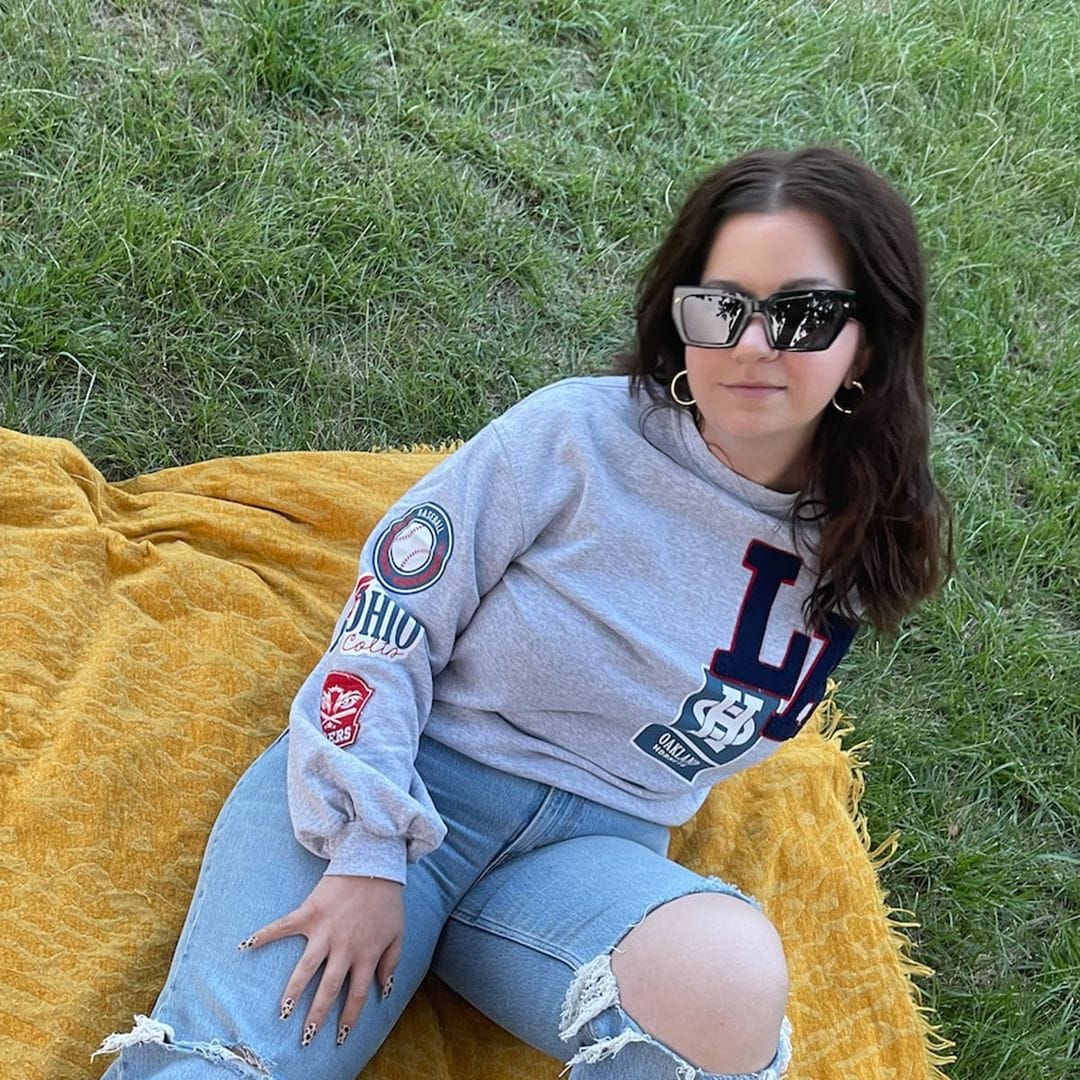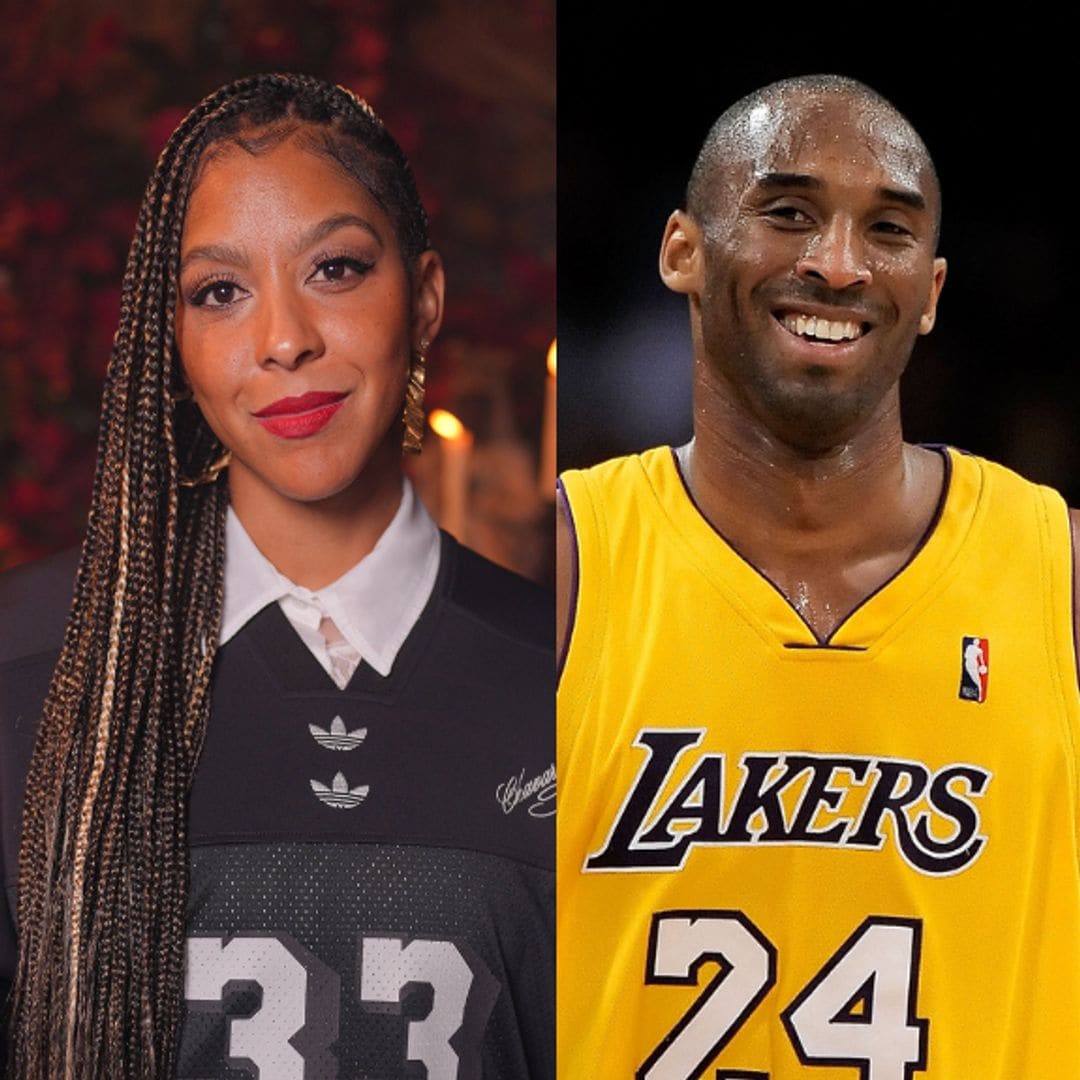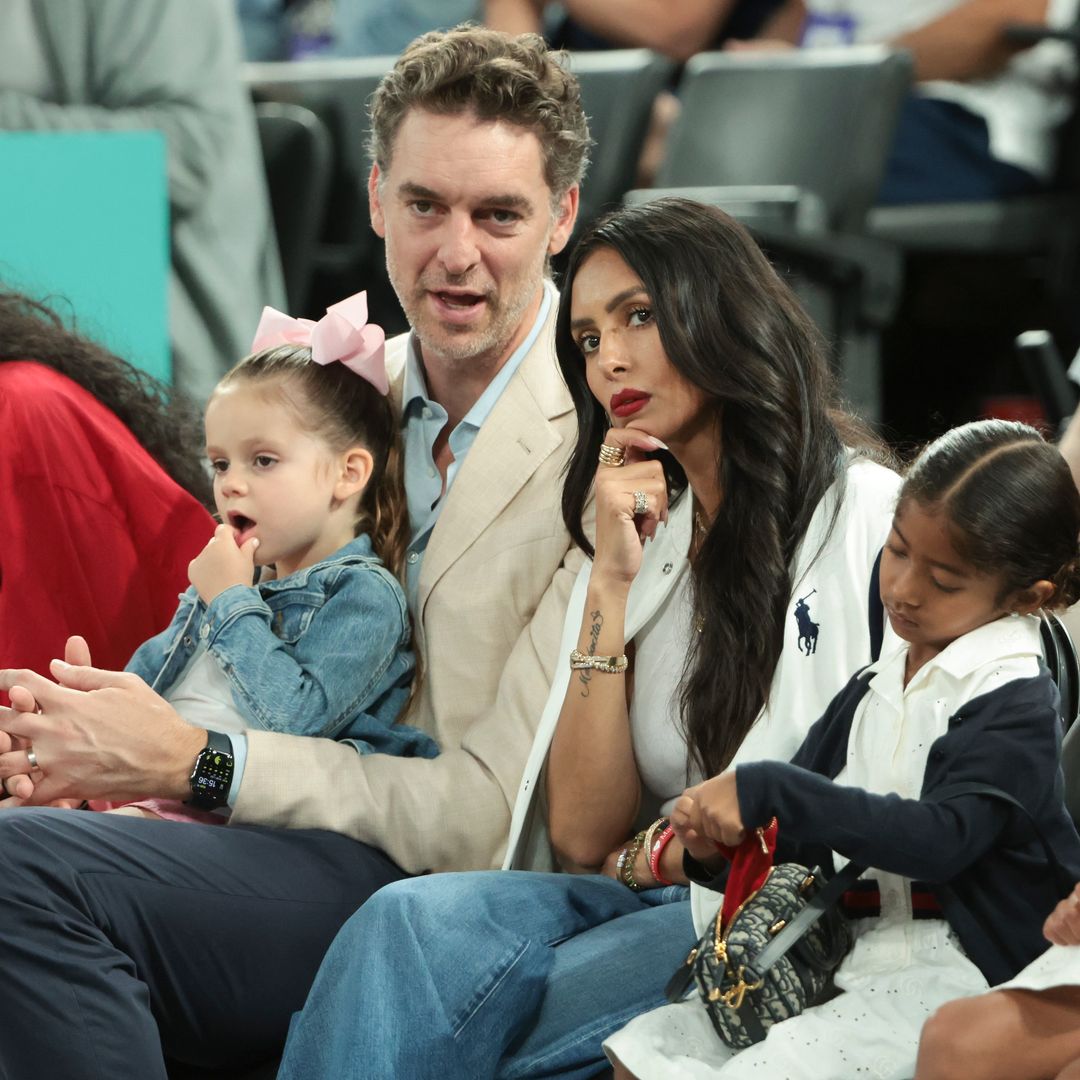Kobe Bryant may have been one of the greatest basketball players of all time, but he will be remembered for so much more than that--especially with how he provided for his family, even after his tragic passing.
On Monday, November 1, Coca-Cola announced that it acquired full ownership of the sports drink company BodyArmor.
Back in 2014, just a few years into the company’s creation, Kobe invested $6 million, receiving more than 10 percent of the company. A few years later, in 2018, Coca-Cola acquired a 15 percent stake in the company, and now, the soft drink giant has agreed to acquire full ownership for $5.6 billion, making it the largest brand acquisition in Coca-Cola’s history. Their last large-scale brand acquisition came in 2018 with the purchase of Costa Coffee for $5.1 billion.
Before news broke of the acquisition, Coke revealed their plans to buy out the remaining 85 percent stake of BodyArmor through a Federal Trade Commission pre-acquisition filing back in February.
According to reports from the Wall Street Journal, this acquisition values BodyArmor at $8 billion, which means Kobe Bryant’s estate is expected to receive over $400 million in the sale. The Lakers legend is estimated to have made $323 million during his entire career in the NBA, according to Sports Illustrated, meaning the sale could eclipse his earnings made directly from playing basketball.
In honor of the late NBA star, who wore the numbers 8 and 24 on his jersey throughout his 20-year career, Coca-Cola announced the news at 8:24am.
Coke’s acquisition of BodyArmor is part of an effort to take on Pepsi’s Gatorade, which leads the sports drink market with an estimated 70 percent market share.
Back in 2014, at the time of Kobe’s initial investment, Bryant categorized his investment as “substantial.” It was his first investment after starting Kobe Inc.
“I put my skin in the game,” the Lakers legend said at the time, announcing he would sit on the board of directors and own more than 10% of the company. “The model has always been for entertainers to get sweat equity, but I wanted to progress beyond that.”
It’s safe to say turning a $6 million investment into $400 million for your family is pretty good progress.
,type=downsize)




